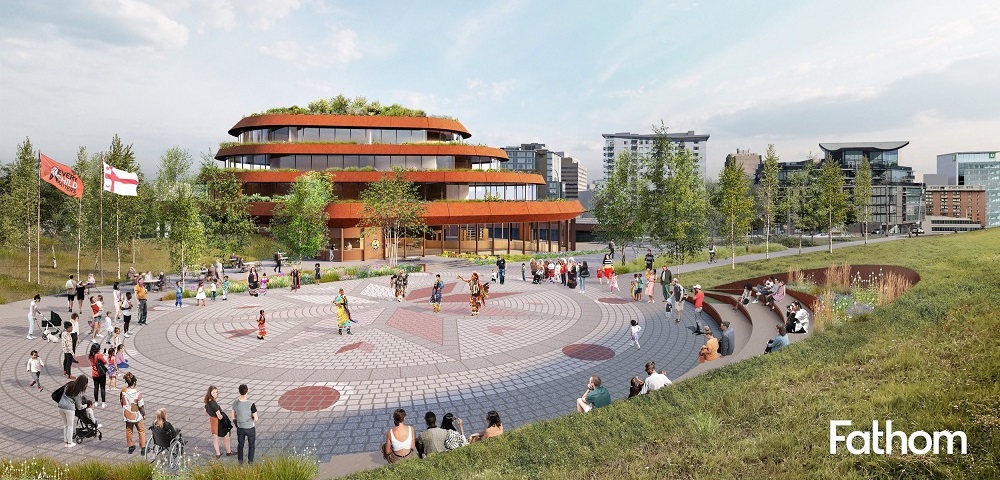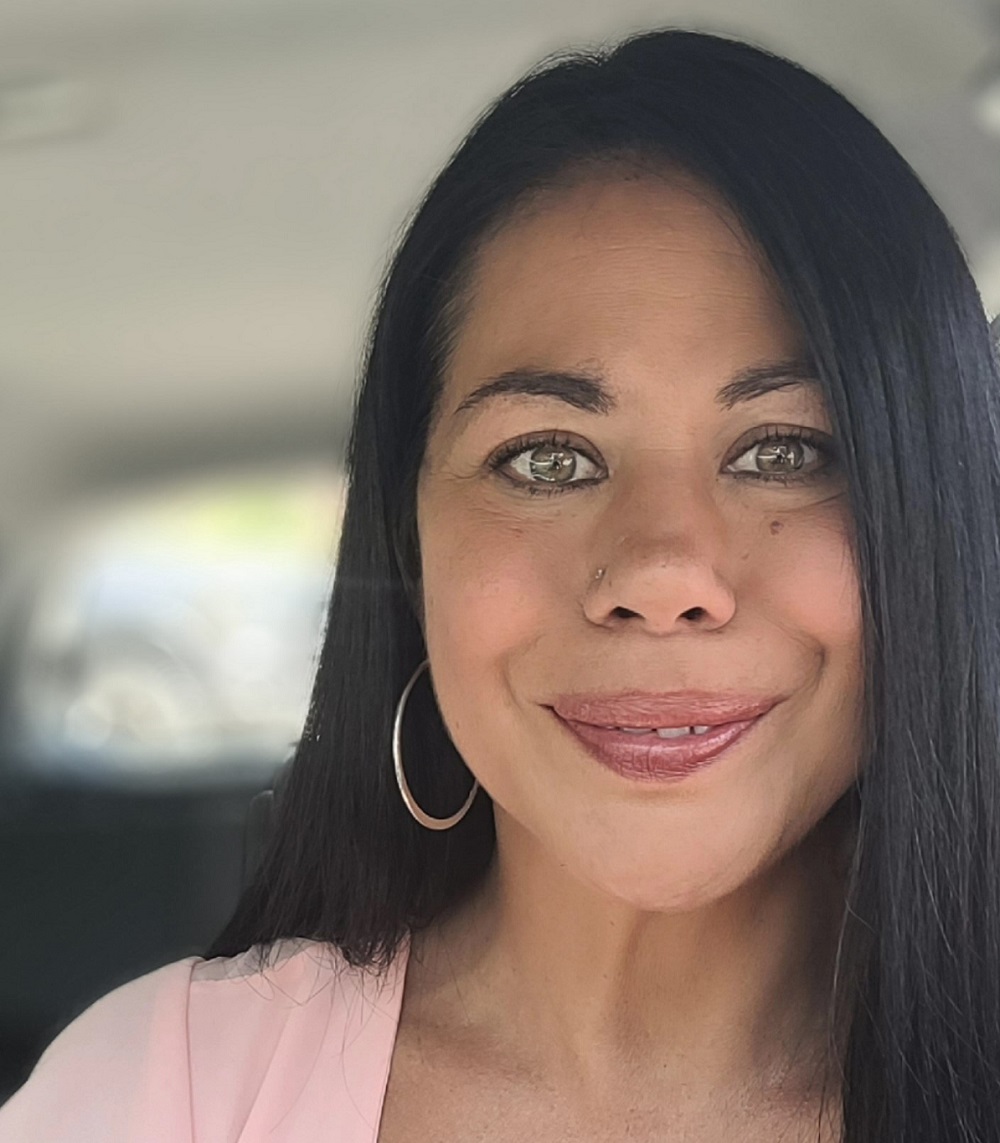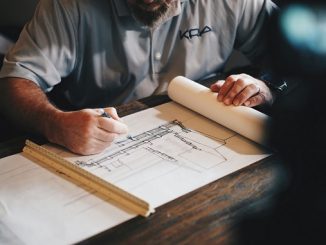Truth and Reconciliation is not a single outcome but a generations-long journey of healing, repairing and rebuilding relationships with Indigenous Peoples. Indigenous peoples have experienced a long history of injustice and mistrust because of colonial legislation and policies in Canada. The Canadian state’s relationships with Indigenous Peoples have never been based on recognition of Indigenous Nations as sovereign, equal partners.
Legislative and policy agendas enacted by the federal government, and other levels of government, have systematically excluded First Nations, Inuit and Métis from meaningful participation in governance decisions, and an equitable share of economic opportunities and benefits associated with their territories and resources.
Coloniality is so embedded in contemporary state legal and governance systems and relationships to land that government attempts at renewing relationships and addressing treaty and legal commitments have often been unsuccessful.

Is Truth and Reconciliation even possible?
Truth and Reconciliation is possible but it must start from righting relationships and a radically different way of working together that embraces multi-generational planning and decision-making.
First, Truth and Reconciliation is not a milestone that we can achieve at some particular time in the future, but an intergenerational journey of healing, repairing and rebuilding relationships with Indigenous Peoples and the environment that we must take together, with committed action from all people.
Truth-telling is foundational and involves reckoning with the ongoing legacies and impacts of colonialism on Indigenous Peoples, and formal recognition of Indigenous lands and inherent rights. In this way, Truth and Reconciliation should be transformative and not aim to restore a harmonious past that has never existed.
That’s the philosophy underpinning 7GenCities, a non-profit collective working with the Mi’kmaw Native Friendship Centre and other Indigenous partners to embed Truth and Reconciliation in new social and civic infrastructures in cities across the country.
The collective is inspired by the Seventh Generation Principle of the Haudenosaunee Confederacy and related Indigenous wisdoms on making decisions and provisioning for current and future generations. The Principle provides a living set of laws of peace and responsibilities that foster reciprocal relationships with people and the natural world for a sustainable world seven generations into the future.
7GenCities draws on our book, Sacred Civics: Building Seven Generation Cities and invites Indigenous and non-Indigenous thinkers, practitioners and Knowledge Keepers to imagine and manifest what’s possible in civic contexts when we unlock and nurture the collective agency and capabilities of all peoples — and change underlying systems to enable transition, adaptation and scaling of what works.
7GenCities fosters new social and civic infrastructure that embed Truth and Reconciliation principles.
How do we do this?
- Committing to practices and systems that are radically inclusive and decolonizing, including Indigenous co-leadership.
- Recognizing Indigenous sovereignty and restoration of Indigenous lands and rights on reserve and in cities.
- Recognizing the interconnectedness of all living beings and honouring the natural systems that give us life; being a good relative.
- Thinking and acting for future generations.
- Recognizing the breadth of Indigenous leadership and contributions across social sectors and spheres.
- Implementing codified principles and actions and city-level action plans through frameworks provided under the Truth and Reconciliation Commission and the United Nations Declaration on the Rights of Indigenous Peoples (UNDRIP).
- Creating bridges across diverse communities, cultures and knowledges; and working to eliminate ongoing harm and oppression of racialized and marginalized communities.
A concrete example of 7GenCities in action is the Wije’winen Centre in Halifax, Nova Scotia. It is a beacon of reconciliation-embedded social infrastructure and kinship-based, decolonized land relationships. With their Every One Every Day (EOED) Kjipuktuk platform, they are focused on residents sharing and learning from each other, across cultures. Promising early results show that the EOED initiative can provide critical social infrastructure for embedding reconciliation in people’s everyday civic interactions.
7GenCities is prototyping a Learning Community of six city teams across the country that will share reciprocal learning and build an ecosystem of Indigenous, municipal and civic leaders around their respective social infrastructure initiatives and reconciliation action journeys.
7GenCities is working with cities across the country to advance their Truth and Reconciliation journeys. Now, let’s get inspired by and spread this foundational approach in ways that are guided by truth-telling, reciprocity, mutual care and seven generations thinking.
***
About the author:

Tanya Chung-Tiam-Fook, PhD is Co-Leader of 7GenCities with Jayne Engle at Dark Matter Labs, and an advisor, educator and researcher across environmental, Indigenous and community engagement, and health topics.




